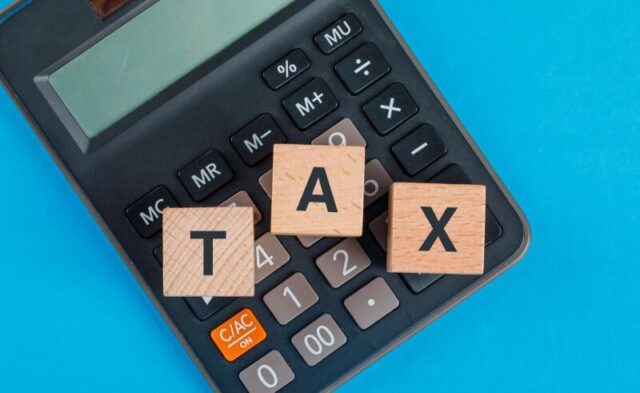The national Department of Health has suggested that the funds used to reimburse medical aid scheme members every year would instead be fed into the NHI Fund.
AS consumers face increases in medical aid rates in the coming year, they also face the prospect of losing the tax credits they currently enjoy for paying for private health care.
This is according to the National Health Insurance (NHI) presentation made by the National Department of Health to the National Council of Province’s standing committee on health and social services on Tuesday. The department said the funds used to reimburse medical aid scheme members every year would instead be fed into the NHI Fund.
Explaining the matter on TV news channel, eNCA, Nicholas Crisp, deputy director-general for the NHI at the Health Department, said the idea of shifting funds from the wealthy to the public system had been an ongoing discussion for years.
“Neither of these systems is efficient, it’s not effective and we spend a lot of money considering the poor outcomes that we get. We need to be far more organised and operate in a far more cohesive way if we are going to achieve outcomes for everyone in the community.
“The tax credits are just one method and this was mooted, in fact discussed, several years ago that instead of giving a couple of hundred rand a month to wealthier people, middle class and upper-class people, if that money were to move instead of giving it as a credit, into the public system we would have additional money to enable the public sector to fix some of the things that are broken at the moment,” he said.
South African Institute of Taxation CEO Professor Keith Engel said it was clear that the Department of Health was moving ahead with NHI despite opposition on all fronts.
Engel said there had been repeated discussions on eliminating the tax credits for medical aid.
“They have been having that on the table for more than 10 years. No surprises there, they will continue to push,” he said.
Engel said while it remained to be seen if the Treasury would follow through with the move, “what will fund NHI is a heavy load of new taxes, none of which we can afford, a battle for another day.”
Economist Dawie Roodt said in theory, he did not have a problem with taking away the tax break on medical contributions, but that should be offset with the general lowering of taxes.
“Theoretically the taxpayer should not get a tax break for medical contributions. There should not have been a tax break for your medical contribution in any event or your medical expenses. A tax system is supposed to be neutral and this is an example of non-neutrality.
“The issue, of course, here is that the typical middle income taxpayer in South Africa is hugely overtaxed already and the minister of finance indicated that he will increase taxes again and it will obviously be on the same people.”
He expressed concerns about NHI, saying it would be another money pit and a disaster.
Professor Irrshad Kaseeram, from the University of Zululand’s economics department, said given high medical costs, rising inflation and high living expenses, many South Africans would be affected.
“That means much less spending in the economy by the middle class, that through the multiplier effect means less consumption, employment and GDP growth. The medium-term budget policy statement has revised growth downward by 0.1% to 0.8% for 2024.
“This does not augur well for South Africans’ well-being over the medium term, especially the poor. This is further exacerbated by the drying up of windfall gains from rising commodity prices given the slowdown of the global economy to fight inflation, the war in Ukraine and Palestine.”
The medical tax credits issue comes as some of the country’s medical aid schemes announced their increases for 2024 recently.
Discovery Health Medical Scheme announced a weighted average contribution increase across all benefit plans of 7.5% for 2024.
It said: “Contribution increases for 2024 are based on medical inflation and vary by plan to allow for the unique changes in health-care utilisation on the different plan options.”
Bonitas Medical Fund said the weighted increase was 6.9% for 2024, while the average increase across nine of the plans was sitting at 6%.
Lee Callakoppen, principal officer for Bonitas, said the scheme had taken great care to balance benefit enhancements to provide value to members, while still ensuring that contributions remained affordable.
“‘The percentage increase required is methodically worked out by our team of actuaries who determine the minimum increase against ensuring the financial sustainability of the scheme while meeting the regulatory guidelines and requirements. It’s a delicate balancing act,” he said.
When approached for comment regarding the issue of tax credits, Bonitas said the scheme was still deliberating on the matter. Discovery did not respond by the time of publication.
THE MERCURY








